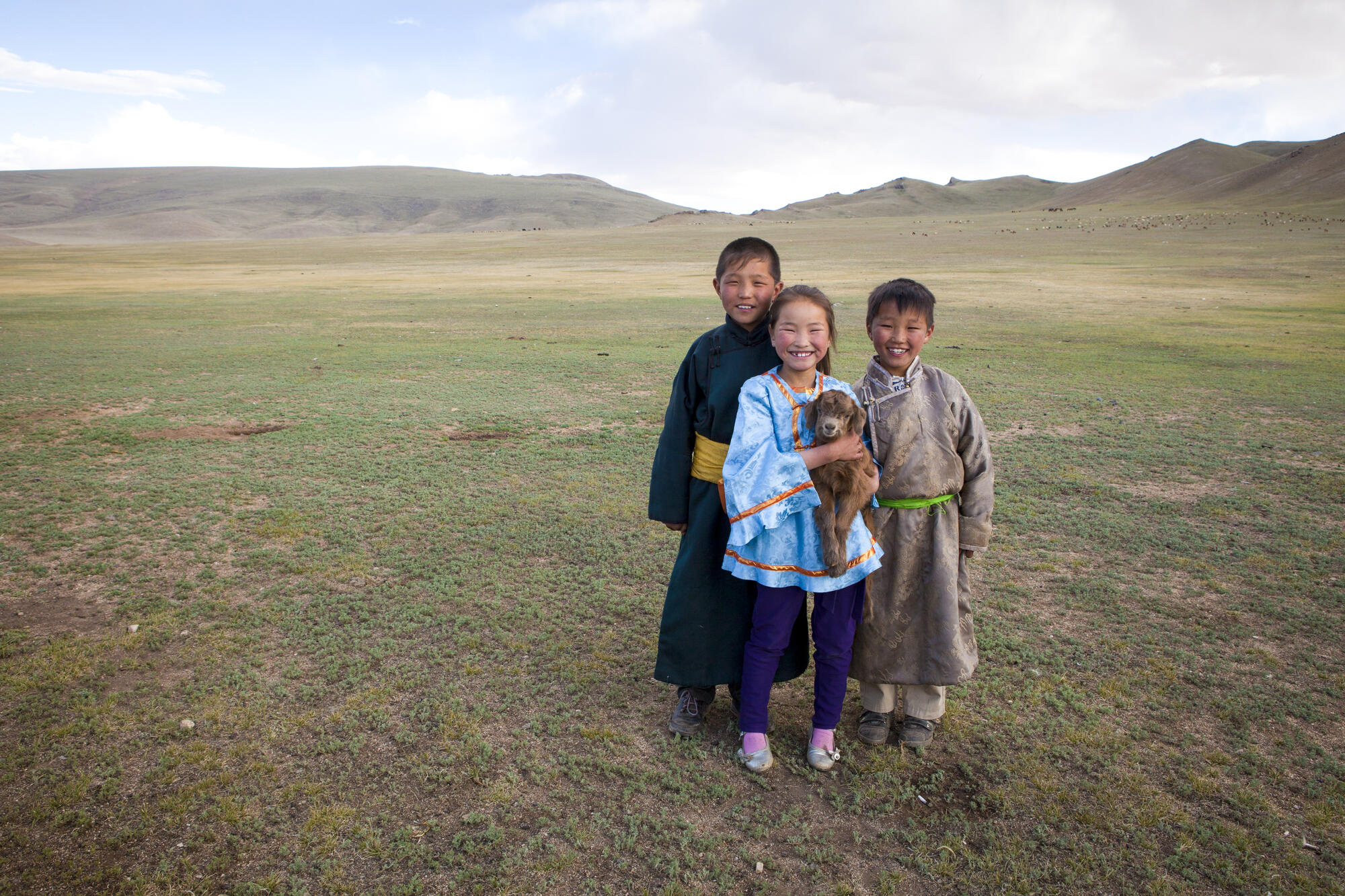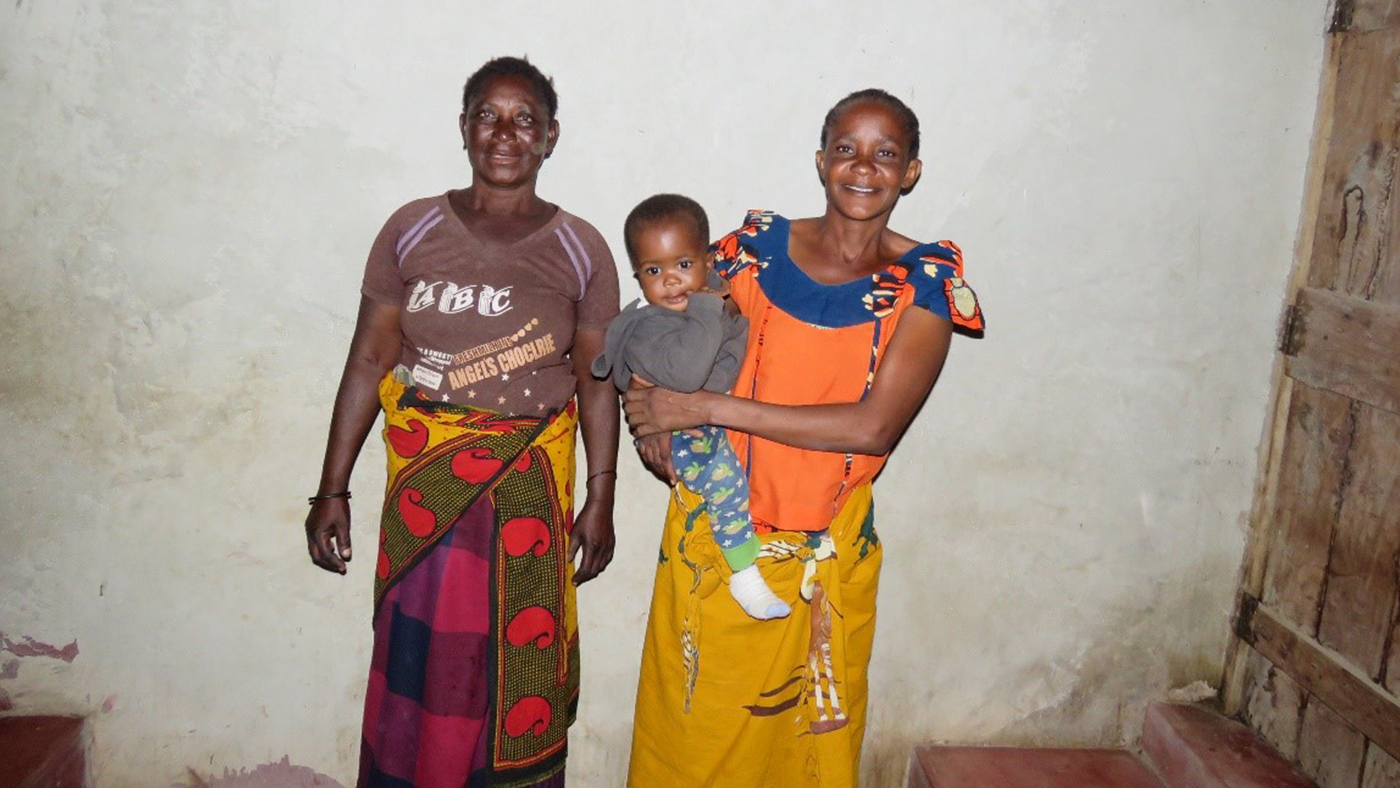The programme ran through two phases, and was being implemented in Mauritania, Sierra Leone, Tanzania and Uganda. This programme, AIM Health Plus, was also funded by Irish Aid. Continue reading below to find out about the unique approach we took
Simple, cost effective and life saving
We worked with the Ministry of Health in each country to train Community Health Workers who volunteered their help every week by visiting pregnant women and mothers in their homes and providing them support, guidance and advice at critical times, using World Vision’s Timed and Targeted Counselling approach. Husbands and extended family were encouraged to play their role in ensuring both mother and baby were as safe and healthy as possible. The Community Health Workers encouraged high impact, low cost, life-saving interventions such as good nutrition during pregnancy, delivering a baby in a health centre instead of at home where the risks can be higher and taking their babies to the health centre for check-ups.
Equipping Community Health Workers with innovative technology
Community Health Workers were equipped with mobile phones, which helped them to deliver messages to the household. Using mobile phones, they could also log the pregnant mother's details, register them immediately with a health clinic and refer them for services. It also sent them reminders of their next visit.
Empowering communities to assess their health needs
To support Community Health Workers, we also trained Community Health Committees to assess their community's health needs and to develop action plans to respond to these needs, such as the construction of toilet facilities to improve sanitation. They also brought communities together to raise awareness of healthy practices such as exclusive breastfeeding. Breastfeeding is recommended up to 2 years and exclusively until the baby is 6 months old. They were taught that babies shouldn't be receiving other liquids until after 6 months - due to unclean water.
Empowering communities to demand better health services
Community members were also equipped to hold their own governments accountable for the promises they make. We call this our Citizen Voice and Action (CVA) approach. It aims to increase dialogue between those who bear a duty to provide services to the public and ordinary citizens. We mobilised CVA groups to advocate together for things such as a new health facility in Sierra Leone, the repair of an ambulance in Uganda, or connecting a health facility to the electric grid.






